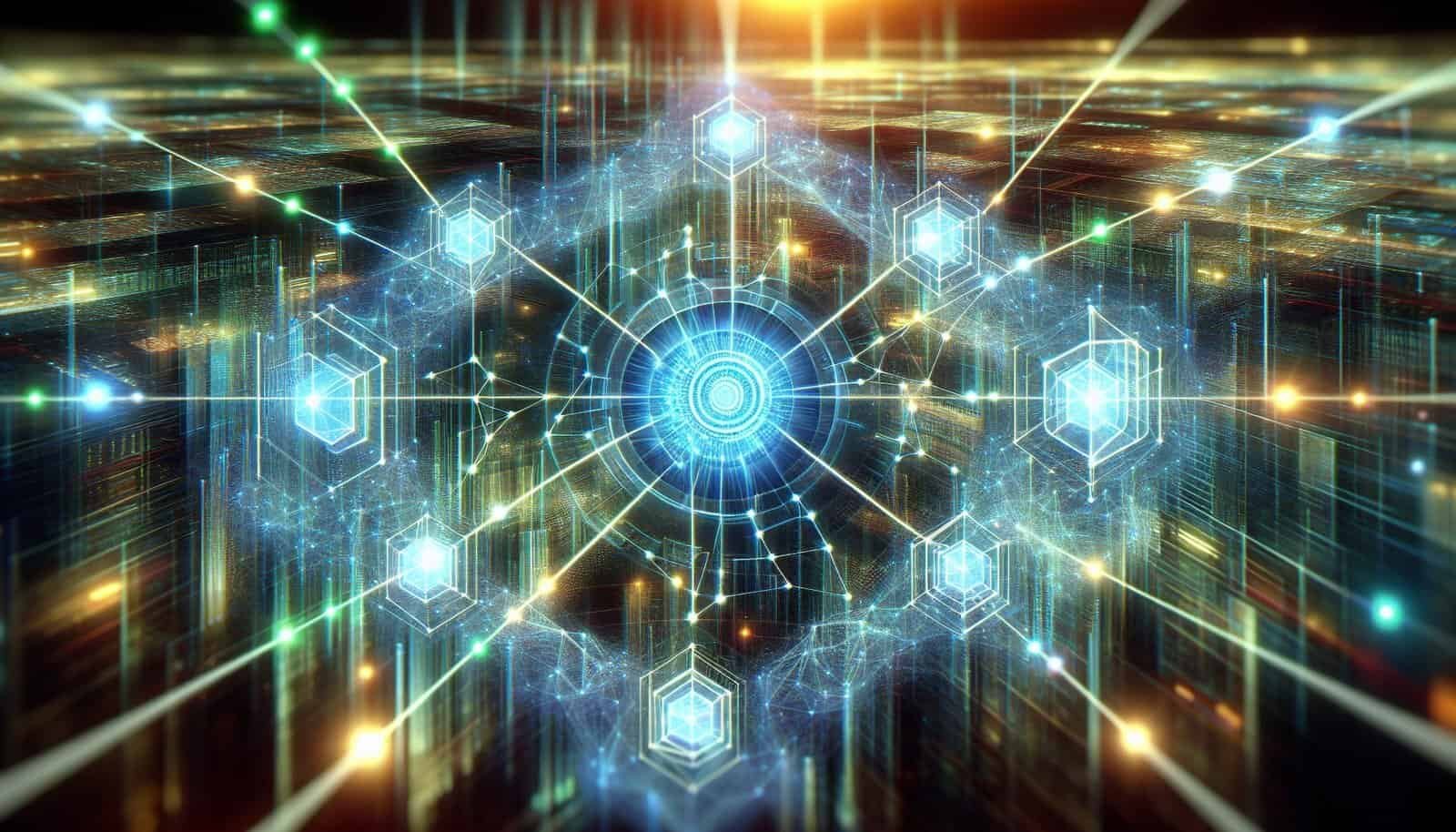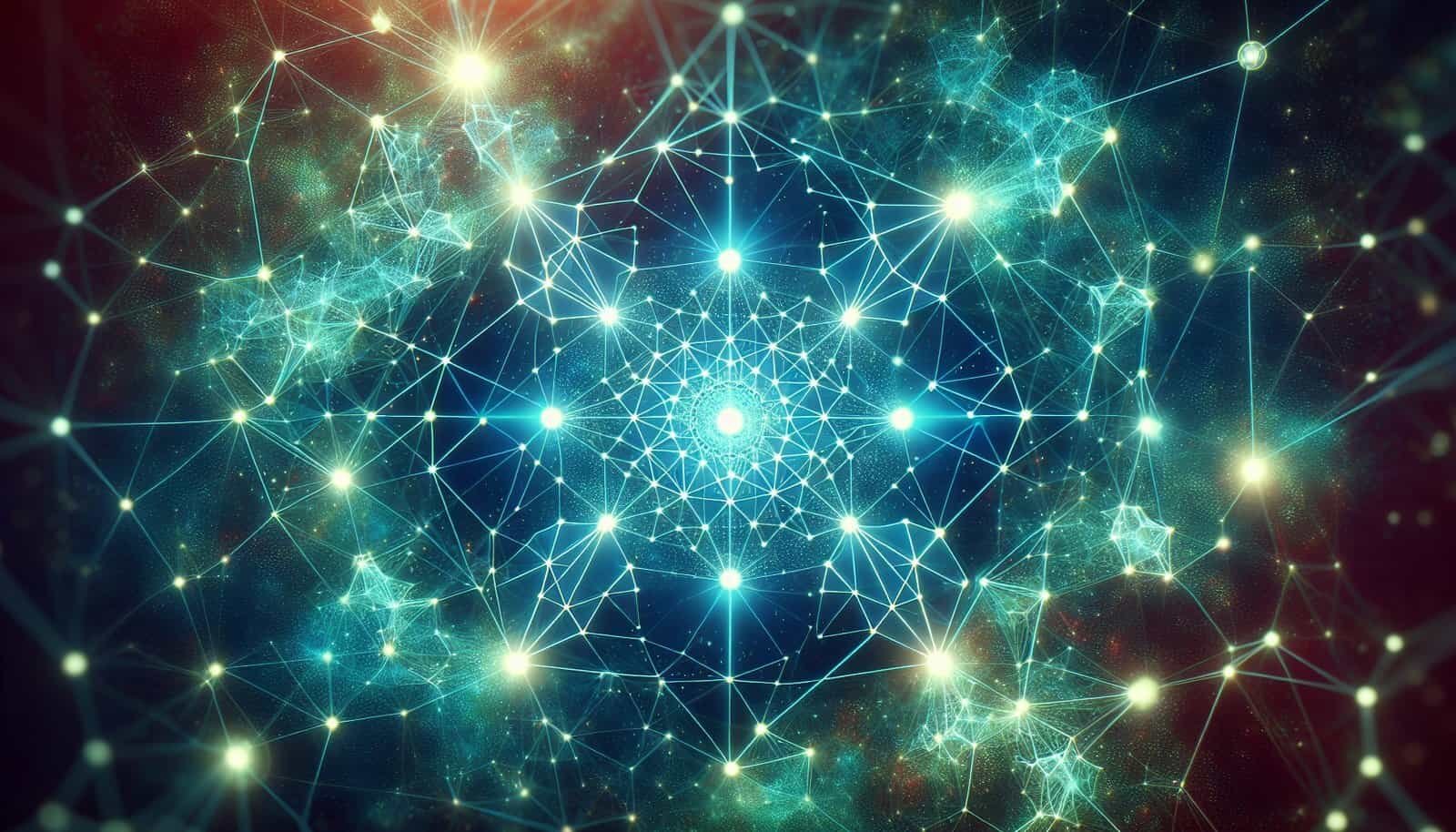Have you ever wondered about the complexities of decentralized decision-making in the blockchain world? Understanding DAO governance might seem daunting, but grasping its intricacies can open up new realms of possibilities not only for tech enthusiasts but for anyone interested in the future of organizations.
What is a DAO?
DAOs, or Decentralized Autonomous Organizations, represent a novel way of structuring entities using blockchain technology. Imagine an organization without a central governing body or hierarchy, where decisions are made collectively by members through a set of rules encoded in computer programs known as smart contracts. This structure allows DAOs to operate in a transparent, secure, and democratic manner.
The Evolution of DAOs
The concept of DAOs isn’t new and has evolved significantly over the years. Initially, the blockchain revolution brought about the idea of creating self-governed communities capable of making decentralized decisions. You might recall earlier iterations like “The DAO,” which laid the groundwork despite facing challenges. Today’s DAOs have expanded, embodying more refined governance mechanisms and a stronger foundation, reducing vulnerabilities that previously posed risks.
The Fundamentals of DAO Governance
Understanding the governance of a DAO begins with recognizing its fundamental aspects. How can one organization make decisions without a centralized leader? This is where DAO governance establishes a paradigm shift.
Smart Contracts as Framework
At the heart of every DAO is the smart contract. This code dictates the rules and executes agreed-upon decisions automatically. It’s akin to a constitution, laying down the foundation for how the DAO operates, ensuring processes are followed without a need for human intervention once deployed. It sounds complex, but these contracts simplify governance by eliminating potential bias and inconsistency.
Community and Consensus
DAOs thrive on community involvement. Members, often stakeholders or token holders, propose and vote on potential changes or actions. This system emphasizes consensus and participation, ensuring that decisions reflect the group’s collective will rather than the interests of a central authority.

Types of DAO Governance Models
To understand DAO governance, it’s crucial to delve into its different models. Each model reflects a unique approach to decision-making and member participation, impacting the DAO’s efficiency and fairness.
Token-Based Governance
Token-based governance is perhaps the most common DAO model. Here, decision-making power is proportional to the number of tokens a member holds. While this model incentivizes investment and engagement, it can potentially lead to power imbalances, where wealthier members have more influence over decisions.
Reputation-Based Governance
Reputation-based models allocate influence based on a member’s contributions and activity within the DAO rather than mere token possession. This model serves as a counterbalance to token-based governance by rewarding those who actively contribute to the community’s needs and projects, fostering a more egalitarian environment.
Hybrid Models
Some DAOs implement hybrid governance models, combining elements of token and reputation-based systems. Hybrid approaches aim to leverage the benefits of both systems, striking a balance between rewarding investment and promoting active contribution.
Benefits of DAO Governance
DAO governance embodies several advantages that transform the way organizations can be structured and operate. These benefits contribute to why DAOs continue to gain traction globally.
Transparency and Trust
Due to the immutable nature of blockchain technology, all actions and decisions taken by a DAO are transparent and auditable by any member. This openness fosters trust within the community, as members can verify that decisions align with the DAO’s rules and original mission.
Efficiency and Speed
Eliminating bureaucracy and centralization allows DAOs to implement decisions rapidly. When conditions specified within smart contracts are met, actions execute automatically, reducing manual intervention and potential delays often associated with traditional organizational operations.
Inclusivity and Global Reach
A DAO can operate beyond geographical limitations, offering participation opportunity to anyone with internet access. This global inclusivity ensures diverse perspectives in decision-making, enriching the community with varied ideas and solutions.

Challenges in DAO Governance
Despite the promises DAO governance holds, it is not without its complexities and potential hurdles. Like any evolving technology, it presents challenges that need addressing for better adoption and integration.
Security Vulnerabilities
Smart contracts, though powerful, are not infallible. They can contain bugs or be vulnerable to exploits if not coded correctly. Ensuring these contracts are secure and resilient against attacks is paramount to safeguarding DAO operations and funds.
Coordination and Decision Bottlenecks
While decentralization empowers collective decision-making, reaching consensus among large groups can be time-consuming. It requires effective strategies and tools to facilitate smooth coordination and prevent decision-making from stalling.
Legal and Regulatory Uncertainties
Navigating legal frameworks poses challenges for DAOs, as they often operate in a gray area of regulatory environments worldwide. Understanding and adapting to these legal landscapes remains a crucial task for DAOs seeking to establish legitimacy and compliance.
Future of DAO Governance
The trajectory of DAO governance is poised for significant evolution as technology continues to advance and communities become more adept at leveraging decentralized systems.
Integration with Traditional Organizations
As DAOs mature, there’s potential for their integration with traditional business models. Such hybrids may harness blockchain advantages while maintaining structures familiar to current economic and legal systems, bridging the gap between decentralized and centralized governance.
Advancements in Consensus Mechanisms
Innovations in consensus algorithms and voting mechanisms are anticipated to enhance the functionality and fairness of DAO governance. These developments may include more efficient voting systems, dynamic token models, and refined reputation-based evaluations.
Expanded Use Cases
Beyond the blockchain and cryptocurrency realms, DAOs are beginning to explore broader applications in sectors like supply chain management, gaming, philanthropy, and even governmental functions, indicating the versatility and expansiveness of their utility.

How to Get Involved
If DAO governance intrigues you, there are several paths to get involved, whether it be through participating in existing DAOs or contributing your skills to this growing field.
Joining Existing DAOs
Look for DAOs that align with your interests, whether it’s DeFi projects, NFT communities, or social initiatives. Joining a DAO can provide you not only with governance experience but also opportunities to engage with a vibrant community dedicated to shared goals.
Learning and Skill Development
There are numerous resources and communities dedicated to learning the technical and theoretical aspects of DAOs. Engaging with these can enhance your understanding and prepare you for more active roles in DAO governance and development.
Starting Your Own DAO
If you’re entrepreneurial, consider starting your own DAO. With the right tools and frameworks available today, launching a DAO focused on a specific mission or cause, supported by like-minded individuals, is more feasible than ever.
Final Thoughts
DAO governance offers an intriguing lens through which to view the potential future of organizations—decentralized, transparent, and democratic. Embracing this evolution requires an open mind and willingness to engage with these new structures. By understanding and participating in DAO governance, you’re not just shaping the future of technology; you’re partaking in a movement that could redefine the fabric of societal cooperation and collective decision-making. Whether you’re a casual observer or an active participant, the world of DAOs holds rich potential for exploration, innovation, and societal impact.


